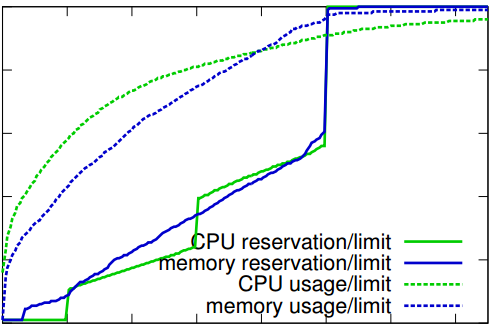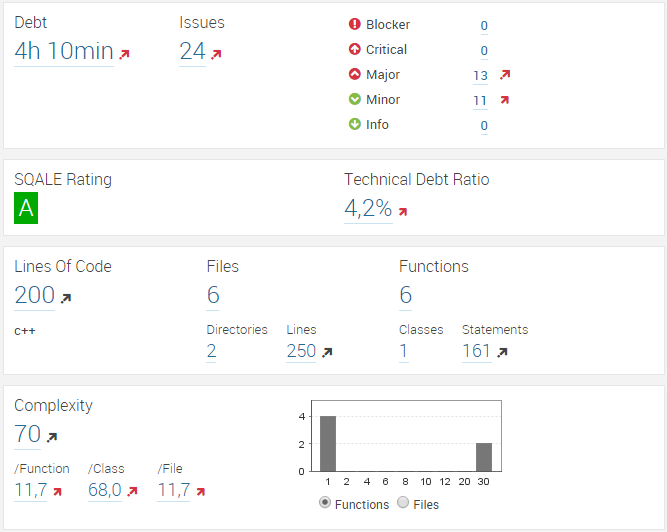Large-scale cluster management at Google with Borg -- Abhishek Verma et al.

Large-scale cluster management at Google with Borg
by Abhishek Verma et al.
From the article:
All components of Borg are written in C++...
A cluster usually hosts one large cell and may have a few smaller-scale test or special-purpose cells. We assiduously avoid any single point of failure. Our median cell size is about 10 k machines after excluding test cells; some are much larger...

 While we wait for CppCon 2015 in September, we’re featuring videos of some of the 100+ talks from CppCon 2014. Here is today’s feature:
While we wait for CppCon 2015 in September, we’re featuring videos of some of the 100+ talks from CppCon 2014. Here is today’s feature: A new O'Reilly book from two well-known C++ community experts, freely available courtesy of the makers of CLion:
A new O'Reilly book from two well-known C++ community experts, freely available courtesy of the makers of CLion: This just in:
This just in: